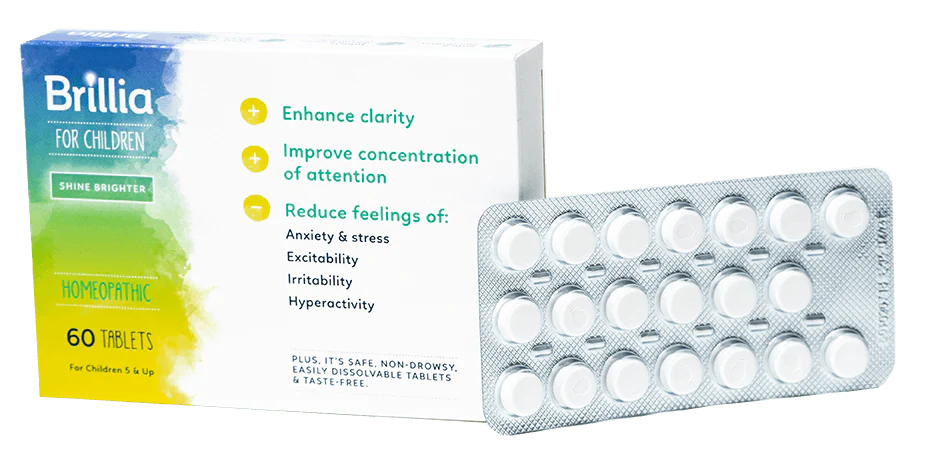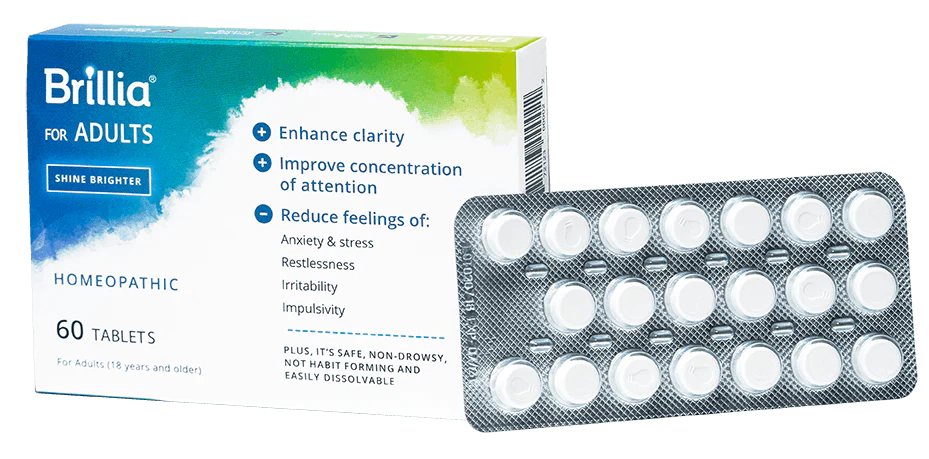Parenting a child with ADHD can be a massive challenge, especially if you’re a parent who also struggles with the condition. Because the type and severity of your child’s symptoms vary, when it comes to parenting decisions, you may need to adopt different approaches to figure out what works. This can be frustrating if your ADHD presents differently from your child’s. Whether you’re a working mom or stay-at-home mom with a hyperactive child, explore our parenting tips and learn how to calm a child with ADHD so you can feel calmer yourself.
The Challenges of Raising a Child With ADHD
It can be difficult for people who are unfamiliar with ADHD to understand that children with this condition have brains that function differently than those of other children.1 From being more prone to impulsive behavior to challenges with concentration, the signs and symptoms of ADHD vary from child to child and they aren’t always easy for caregivers. Some describe the experience of raising a child with ADHD as “a whole different parenthood,”2 or a “war at home” leading to extreme stress.3 While one study indicated that parents attributed their parenting stress to their child’s behavior, others said they were stressed by having little support and by the social stigma that comes with having a child with ADHD.4 In order to help children develop and manage their behavior in a healthy way, parents must be willing to modify their own behavior to find the best solutions for the family.
When Both Mom & Child Have ADHD
Research shows that ADHD is a highly familial condition, but because symptoms are different in girls, the diagnosis can often go hidden in women.5 Some don’t find out they have ADHD until one of their children is diagnosed. If you are a mom with ADHD, you may already be aware of the difficulties of your condition and its effects on parenting, which may include inconsistencies in discipline, frequent forgetfulness and trouble keeping up with childrens’ schedules. But if your child also has ADHD, these difficulties can be even more extensive. With executive functioning impaired in both parent and child, there are more possibilities for missed appointments, emotional meltdowns and breakdowns in communication. It can be just as challenging if your symptoms are different from your child’s, because it could be difficult to find solutions to meet both of your needs.
But sharing an ADHD diagnosis with your child isn’t always a recipe for disaster. In an analysis of nearly 300 mothers, Lamprini Psychogiou, Ph.D., a lecturer and researcher at the University of Exeter in Great Britain, found that, while ADHD symptoms in kids were linked to more negative emotions expressed by most mothers, those mothers who shared their children’s symptoms were much more affectionate and compassionate.[6]
Tips for Stay-at-Home Moms With Hyperactive Children
Devising a treatment plan for both parent and child is crucial when trying to manage your hyperactive child’s symptoms. Whether you have ADHD yourself or not, there are a variety of ways to make life easier for the family, and it doesn’t always have to include medication. If you struggle with a hyperactive child, try the following parenting tips for ADHD kids.
-
Figure out which behavior is permissible and which isn’t and let your child know by making rules simple and clear and being consistent in enforcing them
-
Reward good behavior with positive reinforcement, possibly using a points system that allows them to work toward tangible rewards
-
In addition to being consistent when it comes to the rules, you should also aim to be calm so your child sees you modeling appropriate behavior
-
Allow your child to make mistakes as they adopt new, positive behaviors as ADHD children may take longer to adapt
Shine Brighter
-
Time-outs, or cool-down corners, can help a child calm down when an emotional outburst pushes them into aggressive behavior
-
Ensure your child is following a healthy diet and limiting their sugar intake, which has been shown to exacerbate ADHD symptoms
-
Control your child’s screen time, as it can also make ADHD symptoms worse
-
Practice healthy sleep hygiene, including set wake-up times and bedtimes and a relaxing bedtime routine
-
Use relaxation techniques like mindful breathing, yoga and nature walks
-
If you have ADHD yourself, find ways to manage your own symptoms so you are better equipped to manage your child’s
Another option that may help you and your child is Brillia, a non-prescription, homeopathic remedy that helps to reduce feelings of irritability and restlessness while enhancing focus, available for both adults and children. Brillia works best when used alongside healthier lifestyle choices and can be safely taken in addition to other medications if you or your child already take prescription medication for ADHD. Find out how Brillia works.







